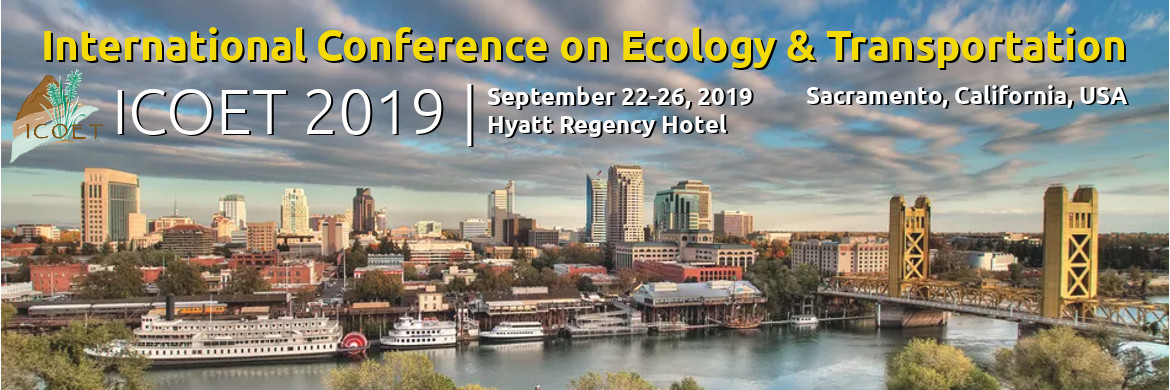Collecting wildlife road mortality data using citizen science projects has become more accepted as a method of data collection in recent years. Through this approach, community members have had a significant contribution in restoring the integrity of wildlife assets. However, folklores associated with many vertebrate classes can be a limiting factor in the willingness of rural non-science citizens to participate in data collection projects that focus on specific taxonomic groups, particularly amphibians. Studies have shown that amphibians are often less valued and negatively perceived by many people in Africa.
Amphibian ecology and size often make them more susceptible to becoming roadkill than other taxonomic groups, especially during their breeding period. Their size often leads to an under-reporting in roadkill databases, since carcasses are either not seen or decompose quicker than other carcasses. In addition, cultural beliefs associated with them, influence individuals to be reluctant to acknowledge this taxonomic group.
This study employs face-to-face questionnaire-photo surveys to investigate if amphibian folklore impede active citizen participation in amphibian roadkill projects in haKutama, a rural area in northern Limpopo. Understanding mythological concepts that influence human-wildlife conflict for amphibians, may identify ways to modify human attitudes towards amphibians and motivate their activeness to participate in future amphibian roadkill projects, particularly in the Soutpansberg Conservancy.
Partnerships and Collaborative Approaches for Improving Transportation Ecology
Amphibian road mortality
Amphibian decline crisis
Community participation
